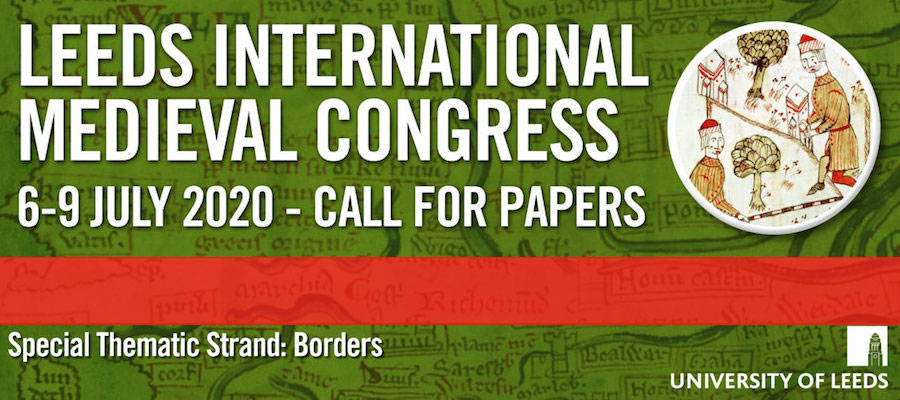Defining the Boundaries of Female Rulership in the Middle Ages, session at 27th International Medieval Congress, University of Leeds, July 6–9, 2020
This proposed strand will investigate the possibilities and limitations that medieval women faced in accessing and wielding power as rulers. Scholarship on medieval female rulers has tended to point to isolated cases of powerful individuals, contrasting idealised examples of queens, noblewomen and abbesses with each other from different periods or regions or comparing their relative agency to their male counterparts. The results of these investigations have heavily influenced our view of the development of the social and political roles of medieval women, both in the secular the religious spheres.
Our strand of papers aims to challenge these existing perspectives of studying medieval women: our goal is to think beyond the 'exceptionality' of certain women, and instead to consider the problems that both modern and medieval observers faced in trying to define and categories the political activities of medieval female rulers, both secular and spiritual. How did contemporaries describe these women and conceive of their actions? What is the significance of women being given male title such as imperator or dux? How did women collaborate or work collectively both male and female counterparts? And what strategies could female rulers use to secure their power in the face of opposition or challenges to their rule?
We invite proposals of 20-minute papers exploring any of these questions from a variety of perspectives, contexts, and disciplines.
Session organizers
Sarah Greer, University of St Andrews
Megan Welton, Utrecht University
